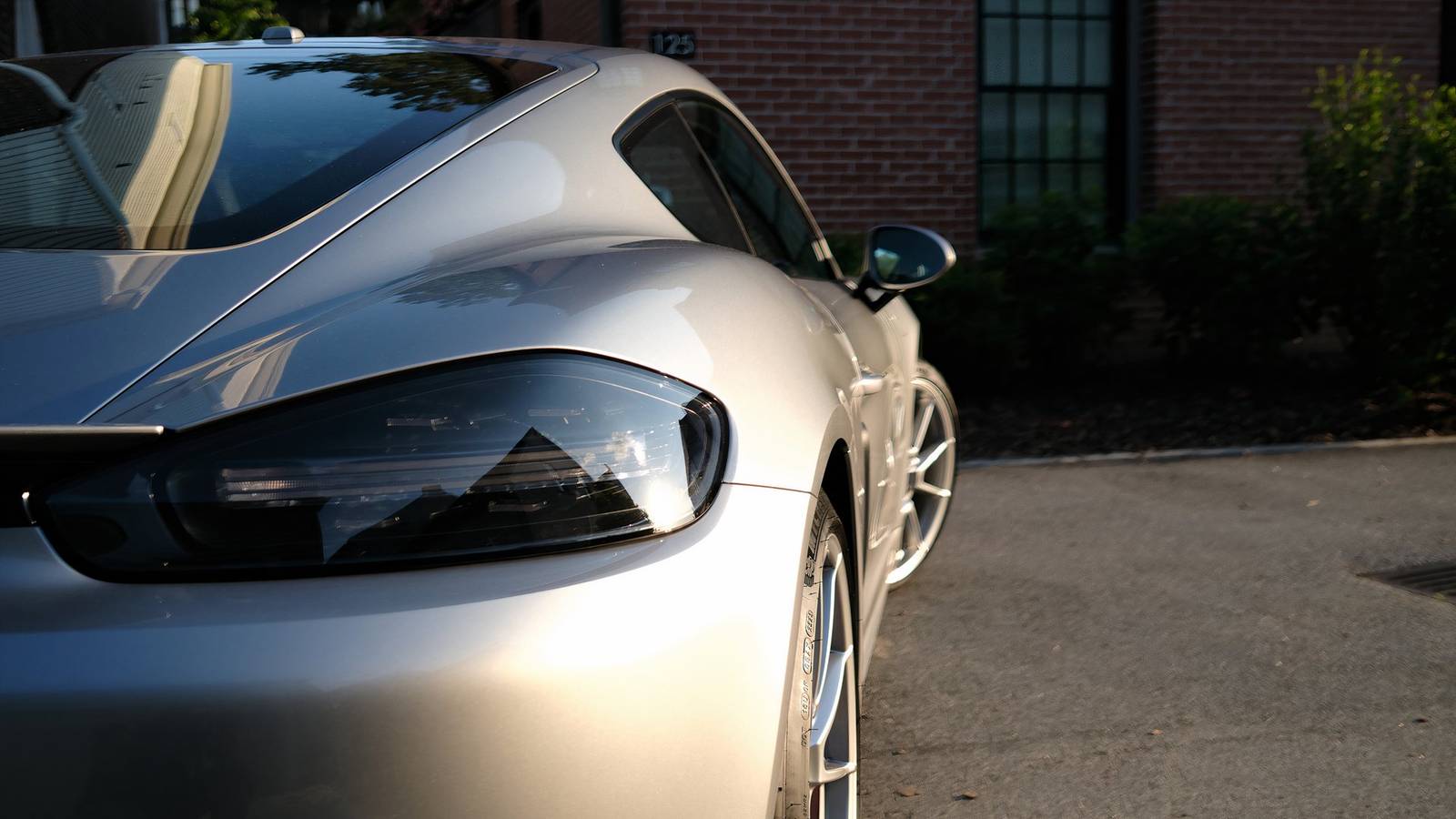Angel Sergeev is a seasoned automotive journalist with over 15 years of experience covering the automotive industry. Born in Sofia, Bulgaria, he began his writing career in 2010 while pursuing a degree in Transportation Engineering.
His early work included contributions to the local edition of F1 Racing magazine (now GP Racing magazine) and roles at various automotive websites and magazines.
In 2013, Angel joined Motor1.com (formerly WorldCarFans), where he dedicated over a decade to delivering daily news and feature articles. His expertise spans a wide range of topics, including electric vehicles, classic cars, and industry topics. Angel’s commitment to automotive journalism is further demonstrated by his membership in the Bulgarian Car of the Year jury since 2013.
Porsche just put fresh fuel in the mid-engine fire. The company confirmed that the next Boxster and Cayman will keep internal-combustion power, though only in the highest-spec versions. Electric 718s are still coming, but purists now have a real reason to hang on. Porsche calls it a strategic reset to match real-world demand.
The current 718 (982) ends production around October, and a gap follows. Late in the decade, a new generation arrives with two tracks – EV models for volume, and “top” gas variants for the faithful, as Motor1 reports. Porsche did not detail trims, but the move points to halo versions carrying the torch, likely above the base electric cars. Expect the gas cars to sit at the top of the lineup and the price sheet.
Why the pivot? Porsche says demand for high-end EVs has cooled, especially in key markets, so it will slow some electric launches and extend the life of combustion and plug-in hybrid lines. That shift hit Volkswagen Group’s guidance last week and made headlines across the business press.
The big technical question sits under the skin. Will Porsche adapt the platform meant for the electric 718 to carry an engine, or update today’s hardware for one more run? Porsche isn’t saying, but it is clear these won’t be hybrids. Re-engineering an EV-first architecture to hold a combustion drivetrain adds cost and complexity. Refreshing the current mid-engine matrix would be simpler, but also older. Either path shows how far Porsche now plans to go to keep a real engine in its small sports cars.
Porsche’s official roadmap outlines delays to certain EV programs and a revised plan for a next-gen EV platform in the 2030s. The brand also confirmed a new gas-powered compact SUV for 2028 to sit alongside the electric Macan, signaling that combustion remains part of the plan for multiple segments. Read that as support for continued ICE investment – and a stronger case for a mid-engine 718 with cylinders.
Zoom out and the pattern is clear. Porsche is not abandoning EVs. The electric Cayenne is still on track, and the Taycan stays a core product. But the company is rebalancing the mix and giving its icons room to breathe. The 911 expands its hybrid tech while keeping gasoline at heart. The 718 now joins it with a two-pronged strategy that puts driving feel first. The Cayenne and Panamera will retain their combustion engines, too.
What should fans expect when order books open? Think limited availability and high demand. If only the top trims get pistons, allocations will be tight and pricing will climb. Don’t be surprised if the gas 718s cost more than their electric siblings. That would flip today’s script but fit a world where sound and feel become the rarest options of all.
Source: Porsche
We want to hear from you! Share your opinions in the thread below and remember to keep it respectful.
Your comment has not been saved
This thread is open for discussion.
Be the first to post your thoughts.












